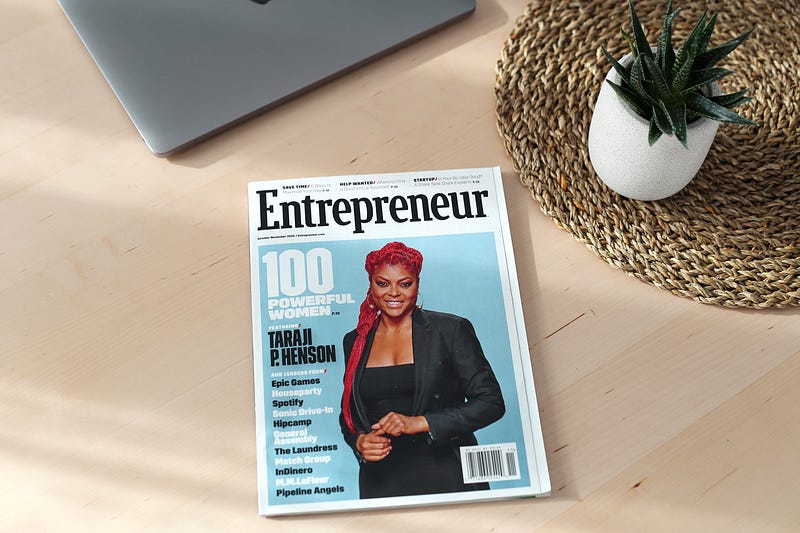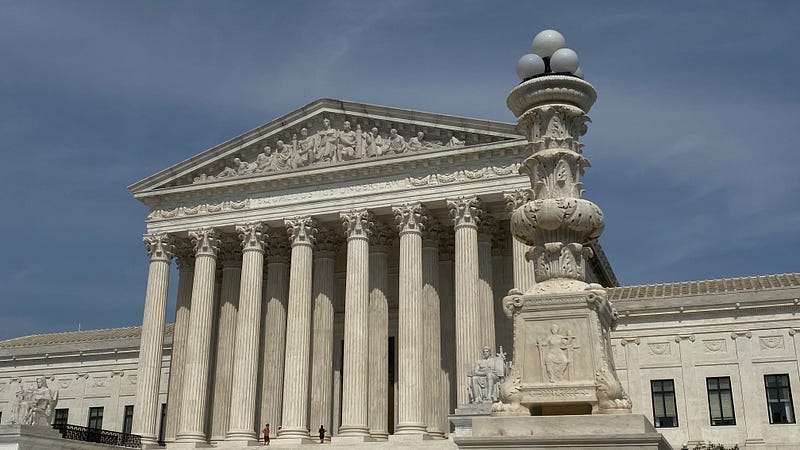A Discussion of Oliver DeMille’s 1913 Chapter 8 “Solution: #1 Entrepreneurship”
DeMille notes the entrepreneurial spirit is a part of the American culture, but it can be threatened by an ever-growing federal government.
He says the founders were considering what type of national character the new country was going to have out of three major choices.
- Martial
- Religious
- Commercial
The focus of a martial nation is on war, and the children are raised to be warriors. The government structure tends towards monarch or other authoritarian structures. Examples of the martial nation include Sparta, Rome, the Soviet Union and Maoist China. (p. 97)
He says it can be hard for those from the U.S. to comprehend a martial nation since you can certainly look at the more recent U.S. history projecting its military strength abroad and think it is a martial nation.
For the Trekkies reading this, he uses the Klingons as a mythical example of a martial nation.
There are cultures that literally care nothing about money except how it can increase their martial strength, who raise their children to be strong above all, and build their entire society around war. From Attila the Hun to modern North Korea, such societies are real. (p. 100)
For religious nations, the strength of the government is used to enforce obedience to a set of tenets. Ultimately, while religion is the focus of the nation, it results in a nation with no religious freedom. That is, you are “free” to practice the national religion as prescribed by the government, but you have no other choices. (p. 97)
Examples of such nations include Spain during the Inquisition and Iran under the Ayatollahs. (p. 97)
Our founders rejected both of those and chose to found a nation with a commercial character. However, it was not just a choice of the lesser evil; they saw the commercial nation as the one that would provide the most freedom.
When voluntary trade is the basis of people’s interactions, it creates a win-win environment. People benefit by creating goods and services others want so they can get the money they need to buy the things they want. It is Adam Smith’s Invisible Hand that is channeling our natural self-interest in a direction that is helping society.
As such, people tend to have religious tolerance towards different religions because the focus is on trading, not religion. There also tends to be less violence since the government is not run by the military or centralized church. Freedom to act is higher in the commercial nation than in the other two types. (p. 98)
Since the free market is allowed to govern interactions, this increases the likelihood of social and economic mobility by minimizing the strength of a class system in the nation and encouraging hard work from the people. (p. 98)
Mercantilist Commercial or Free Enterprise Commercial
Like most issues, the framers were not in total agreement. They did want a commercial nation that would enhance freedom and liberty, but what kind?
Alexander Hamilton wanted a mercantilist commercial nation. Mercantilism had been the prevailing economic system since feudalism ended. It is a system with a strong government that uses its power to advance economic strength.
Such a nation can be commercial. However, it would result in “a few wealthy families and corporations owning most of the wealth and the rest of the nation working for these elites as their employees.” (p. 100) In part, Hamilton thought this was necessary for America to be competitive because the other major powers of the day were mercantilists.
Thomas Jefferson disagreed and fortunately, his side won this issue. He saw that “a nation made up of small business owners would have more freedom and would spread opportunity and prosperity to everyone rather than limiting the wealth to a few elites.” (p. 101)
Thus, the U.S. was founded to have a free enterprise commercial character that led to the growth in freedom and prosperity the country enjoyed for years.
While Jefferson’s idea won out at that time, DeMille notes the mercantilist-inclined people did not give up.
Sadly, the free enterprise commercial values are in decline in the modern United States, Canada, and beyond. In fact, the 1913 and 1936 events in the U.S. moved America swiftly in the direction away from Free Enterprise and toward Mercantilism. Indeed, many elites have long wanted America to be more like the mercantilist nations of Europe. This shift has only accelerated in recent years. (p. 102)
How Entrepreneurship Can Save Us
Thus, DeMille is saying we need to turn back to being a free enterprise commercial nation. The values are inherent to entrepreneurship increase freedom and liberty.
To qualify for leadership in the Turning Point of Freedom ahead, become a successful leader and entrepreneur. The very act of successful entrepreneurship spreads and promotes the values and principles of free enterprise. In fact, successful entrepreneurs positively impact the future of freedom and prosperity even if they never get involved directly in changing society. (p. 103)
Still, DeMille thinks entrepreneurs can make an even bigger impact on our future if they do use their resources to improve governments at all levels and fund good candidates. (p. 104) And it would be even better if some of them decide to run themselves because they understand the values on which freedom is based.
In fact, the power of entrepreneurs beyond business is a vitally important historical reality. Free citizens are innovative, independent, and giving. When these characteristics wane in a society, freedom decreases. When these values are bolstered, freedom grows. (p. 109)
Conclusion
DeMille notes that the founding generation was entrepreneurial, and it was that thinking that gave us the system of government that checked power to maximize the freedom of the people.
In contrast, today many people are beholden to the institutions they work for. Their thinking is the opposite of entrepreneurial. They see change and innovation as a threat to the status quo.
DeMille sees it a struggle between the “innovators” and the “maintainers.” (p. 111)
From the perch of credibility, which institutions seek to bestow, the “experts” too often preach against innovation (“too risky”), independence (“obviously ignorant”), and giving (“too idealistic”). (p. 111)
We have seen this play out in our healthcare system. Doctors used to be largely independent, but with the growing costs and constraints of dealing with the health insurance industry, more and more have moved into larger institutions. When the pandemic hit, they were largely required to follow the dictates of the institution they worked for or lose their job and maybe their license.
If more had been independent entrepreneurs, we would have had more voices and seen different treatment plans and had more freedom.
The future of our freedom depends on a return to an embrace of entrepreneurship and the values of free enterprise it depends on.
No matter how bad things get, the entrepreneurial spirit always stands up, fights back, and optimistically seeks to overcome all challenges…America has overcome numerous national challenges since its inception. This is mostly because of the unconquerable enterprising spirit of its people and the way free government has unleashed human initiative, ingenuity, innovation, resiliency, tenacity, virtue and drive. (p. 95)
Reference: DeMille, Oliver, 2012. “Solution #1: Entrepreneurship” Chapter 8 of 1913, Obstacles Press, Inc., Flint, Michigan.




